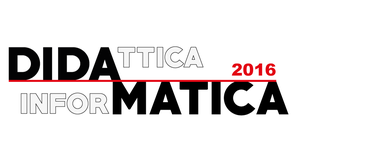The Department of Computer Science, Università degli Studi di Milano has just concluded the European project ParBigMen. The project lasted two years, from 2020 to 2022, and has been carried out in collaboration with the Department of Ecological and Biological Sciences (DEB) at Università della Tuscia, Viterbo, Italy, and The Jackson Laboratory for Genomic Medicine, Farmington, CT (USA).
The project aimed to discover pathogenic variants associated with genetic diseases, using Machine Learning and advanced High Performance Computing methods. In particular, the project aimed to improve the results obtained so far in the context of Mendelian diseases by using an expanded dataset. This involved very demanding computations, performed on the HPC resources of SuperMUC-NG, a HPC cluster ranked in the top 10 supercomputers in the world.
Researchers fine-tuned the Machine Learning models and successfully discovered the minimum set of genomic features in a reasonable amount of time (12 hours on the SuperMUC-NG cluster, compared to estimated 2 years on a single machine). The developed code is available at https://github.com/AnacletoLAB/parSMURF-NG.
News by prof. Giorgio Valentini, Department of Computer Science, Università degli Studi di Milano







